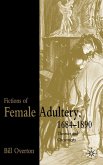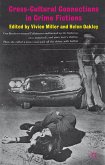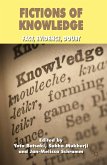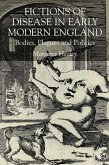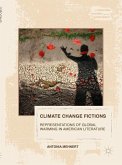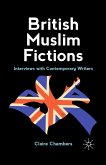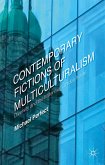Explored in the telling stories of five, middle
adulthood gay men, is the relatively uncharted
terrain of the dynamic relationship between literacy
and sexual identities. The reconstructed narratives
of the participants draw the reader into the
landscape of the informant s worlds and reveal
similarities, patterns, tensions, contradictions and
fissures in the ways that literacy and identity get
practiced within socio-cultural and socio-sexual
contexts. The use of stories as theories, provide a
multi-layered analysis that indicate how socio-
sexual identifications were negotiated through
literacy practices in adolescence and how knowledge
about homosexuality is routinely constructed within
communities of practice. It was through the Queering
of texts that the logic of(hetero)normative
practices of everyday life were displaced and
disrupted and it is argued that the need for a
Queering of texts is part of a critical and
emancipatory agenda in educational domains.
adulthood gay men, is the relatively uncharted
terrain of the dynamic relationship between literacy
and sexual identities. The reconstructed narratives
of the participants draw the reader into the
landscape of the informant s worlds and reveal
similarities, patterns, tensions, contradictions and
fissures in the ways that literacy and identity get
practiced within socio-cultural and socio-sexual
contexts. The use of stories as theories, provide a
multi-layered analysis that indicate how socio-
sexual identifications were negotiated through
literacy practices in adolescence and how knowledge
about homosexuality is routinely constructed within
communities of practice. It was through the Queering
of texts that the logic of(hetero)normative
practices of everyday life were displaced and
disrupted and it is argued that the need for a
Queering of texts is part of a critical and
emancipatory agenda in educational domains.


